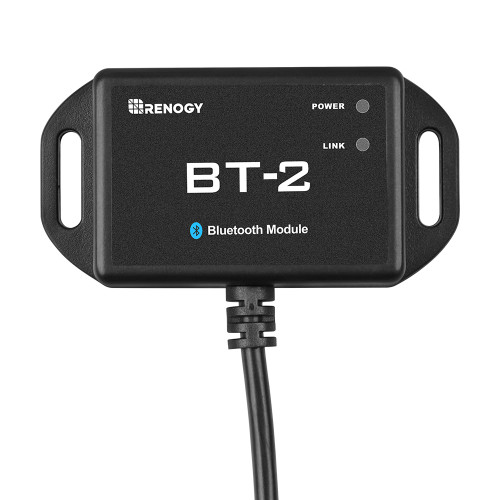I highly recommend Victron components, the price, features, and quality can't be beat. I've heard a number of complaints about Redarc chargers being too blocked off in terms of settings and being stuck with various preset stuff and charge algorithms. Basically, it's great if you build out your electrical system according to what they recommend. If you do that then it's largely plug-and-play with some basic setup tasks. That comes with a price, literally.
Victron components have great build quality and support as well as most of their components allowing very specific custom settings to match however you have your electrical set up. There is a steeper learning curve with Victron because of all the various switches and dials you can tweak, but they also come with some defaults that work good enough to get you up and running.
I've set my trailer up with the following:
Victron SmartSolar MPPT 100/30 - 100V, 30A MPPT solar charge controller
Victron Orion Smart 12/12 18A DC-DC charger - I connect the trailer to my truck using an Anderson connector which then allows for up to 18A of charge current to charge/maintain the house batteries in the trailer while driving.
Victron BlueSmart IP22 12v 30A 120v -> 12v "shore power" charger - Used to charge/maintain the trailer house batteries while parked at home or at some location with a 120v outlet available.
I can view/monitor/configure all of these with a smartphone app using bluetooth. If/When I upgrade to LiFePO4 batteries I'll also install a BMS with a SmartShunt from Victron.
The great thing with Victron is you can set it up however you want with whatever Victron components you want, you're not stuck buying a complete system that may or may not have all the features you want or may have more features/functionality than you need, which means you either don't get everything you want or you pay for things you don't need.
Nothing against Redarc personally, I think they are a popular name/choice because of all the publicity they buy and for the most part they make decent products. Victron isn't a small company by any means and they don't have to market themselves like Redarc does in order to get business, so while you're not likely to hear many people promoting Victron in the overlanding world they are big in other markets and just so happen to have excellent products suitable for overlanding electrical systems. I find that a lot of people end up in a similar situation where they only know brands that they've heard or seen advertised or promoted by YouTubers, etc, and when they're told to check out Victron they tend to go that route for the reasons I've mentioned.
For example, Redarc has an "off-grid charger kit" that includes a 40A DC-DC charger and the basics to install it for $968. The DC-DC charger does have a built-in MPPT solar charge controller, so that is effectively 2 of my Victron components in one box. There's no 120v -> 12v charger.
For comparison, the Victron components I listed above (Solar charge controller, DC-DC charger, 120v charger) cost me $610.
Just tossing that out there as an option. It won't hurt my feelings if anyone disagrees or does something else, but I'm surprised at how many people don't know about Victron and then they're shocked when they compare the features, functions, and value to other brands.











